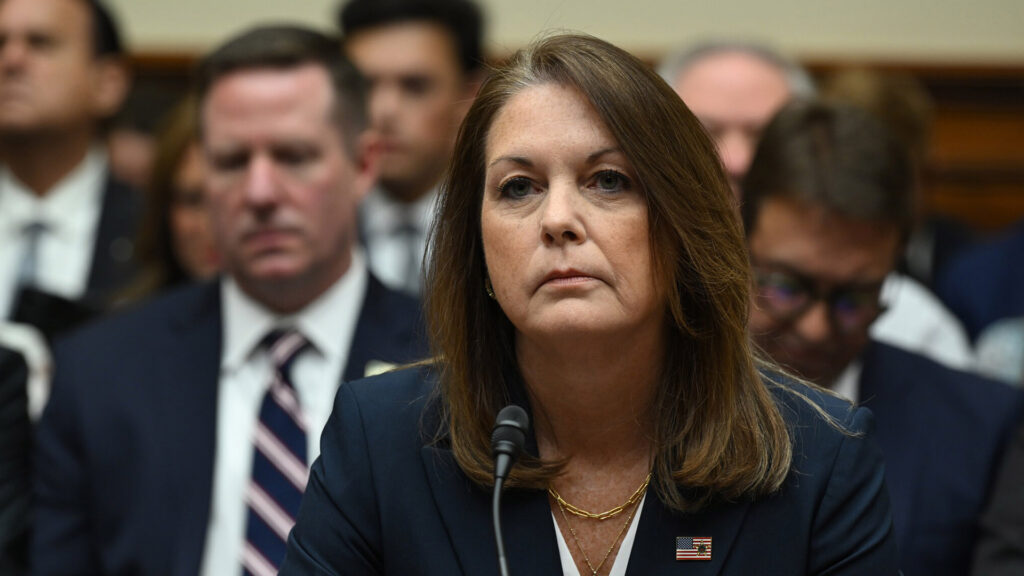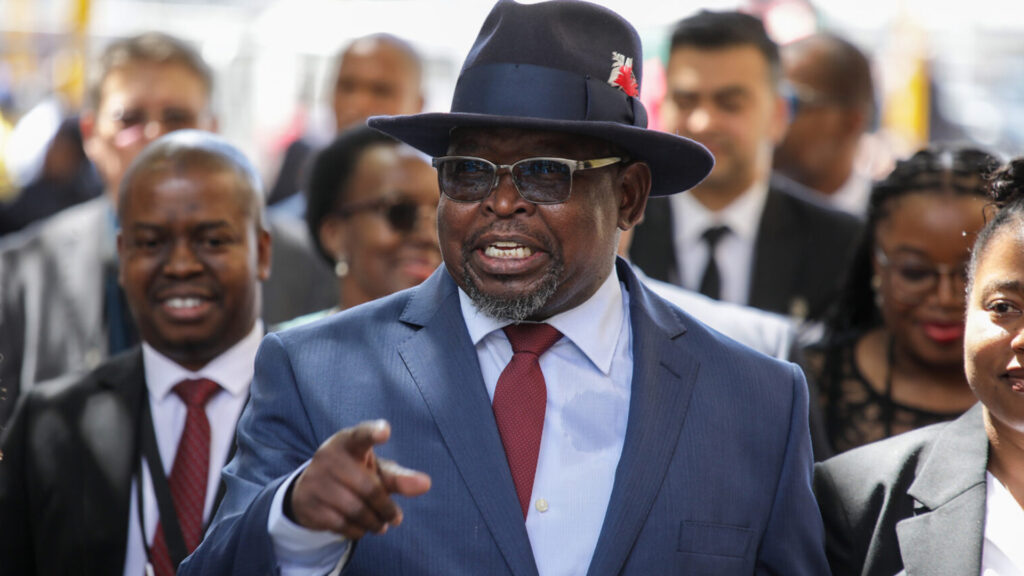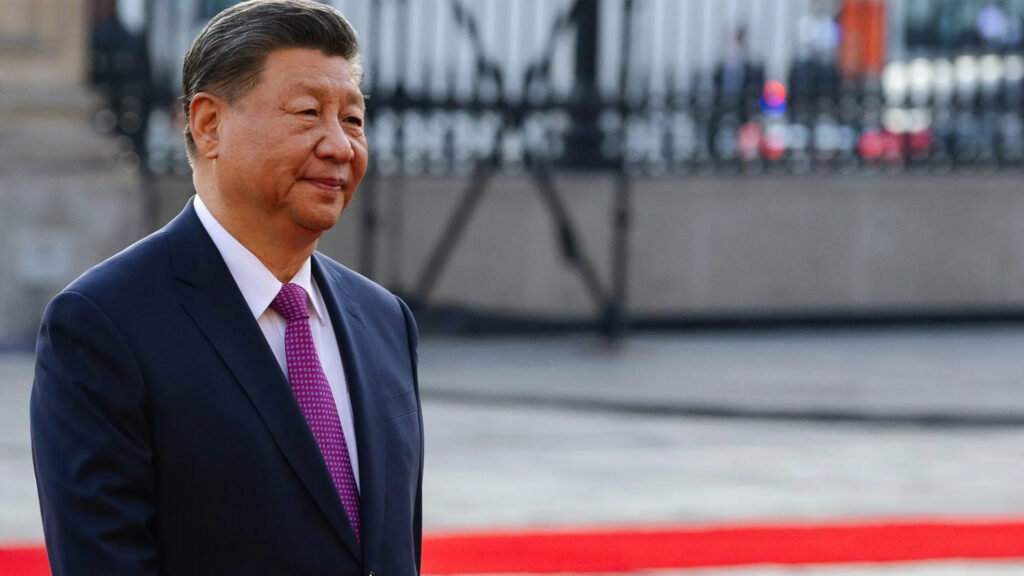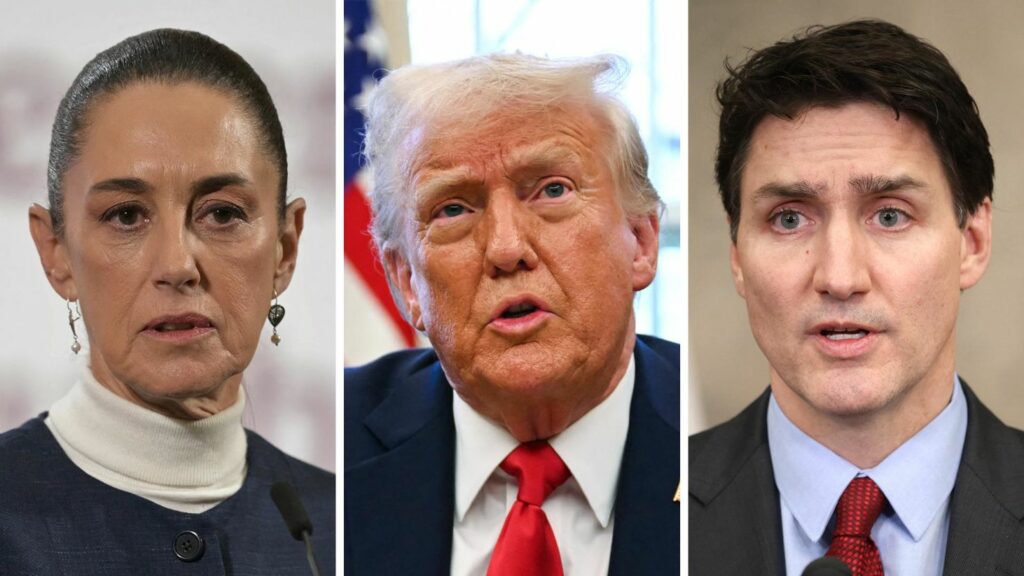WASHINGTON – Kimberly Cheatle, the head of the U.S. Secret Service, has resigned following a critical failure in security that led to an assassination attempt on former President Donald Trump. The incident has sparked widespread scrutiny and calls for accountability within the agency.
Highlights
- Resignation: Kimberly Cheatle steps down as Secret Service Director.
- Security Lapses: Major failures allowed a gunman to attack Trump at a rally.
- Investigation: Multiple inquiries are underway to review the security breakdowns.
- Agency’s Response: The Secret Service has faced criticism for its handling of the incident and prior issues.
The Incident and Its Aftermath
On July 13, during a campaign rally in Butler, Pennsylvania, Donald Trump was wounded by an assassin’s bullet. The shooter, identified as 20-year-old Thomas Matthew Crooks, fired from a roof that was not secured by the Secret Service.
The gunman was subsequently killed by Secret Service snipers. The attack marked the first attempt on a sitting or former U.S. president since 1981.
Kimberly Cheatle, a 28-year veteran of the agency, announced her resignation shortly after the incident, citing the need to avoid distractions and focus on the agency’s vital mission. The resignation followed bipartisan condemnation from lawmakers and public scrutiny over the agency’s perceived inadequacies in handling the security situation.
Challenges Facing the Secret Service
The Secret Service has been under the microscope for several issues, including inadequate security measures at high-profile events and internal controversies. Cheatle’s tenure saw initiatives aimed at increasing diversity and inclusion within the agency, but these efforts were overshadowed by operational failures.
Critics have pointed out the agency’s failure to secure the rooftop from which Crooks fired, leading to a clear line of sight to Trump. The agency’s justification—that the roof was too sloped for agents to secure safely—has been widely criticized as insufficient and indicative of larger systemic issues.
Government and Public Response
The incident has led to multiple investigations, including by congressional committees and the Department of Homeland Security’s internal watchdog. President Joe Biden, who has called for an independent review, emphasized that such security lapses must never happen again.
House Speaker Mike Johnson and other lawmakers have expressed the need for thorough accountability, with some calling for significant reforms within the Secret Service. The agency’s reputation, already marred by previous scandals, faces further damage if systemic issues are not addressed.
Conclusion and Future Outlook
The resignation of Kimberly Cheatle marks a pivotal moment for the U.S. Secret Service. The agency is at a crossroads, needing to address both immediate operational failures and long-term structural reforms.
As investigations continue, the focus will be on ensuring that the agency can effectively protect current and former presidents, as well as restore public confidence in its capabilities.






